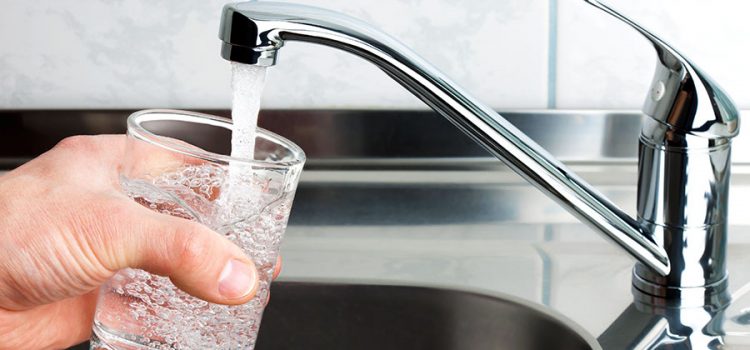With new information about hard water dangers being released many people are considering water softeners. When it comes to water softeners there are two main types, salt and salt-free. Although the names may make the difference seem obvious this is simply not true as there are actually key differences between the two.
Salt Based Water Softeners
Much like the name suggests a salt based water softener works by turning hard water into soft water through an ion exchange process. Hard water contains a high mineral content, usually calcium and/or magnesium, that leaves stains, watermarks, and a filmy substance on your bathtub, toilet, and water fixtures. It can also damage your plumbing by causing clogs and reducing efficiency. With a salt based system there is a tank that contains small, electrically charged resin beads. When these electrically charged beads come into contact with the salt from the water softener system the magnesium and calcium ions are attracted to it. In this process the sodium ions are traded for the hard water ions thus making your water soft. In a salt water system you can purchase salt in many forms such as pellets, crystals, and blocks, though pellets are the most commonly used. The higher purity of your salt the less residue it leaves in the resin tank and therefore the less maintenance you have to perform. Higher purity salt also prevents bridging, a process in which the salt sticks together and doesn’t make contact with the resin beads.
Salt Free Water Softener
A salt free water softener doesn’t technically exist as the proper term is water conditioner or neutralizer. Unlike a salt based water softener a water conditioner does not remove the damage causing minerals from your water. Using a system called Template Assisted Crystallization the water conditioner converts the hardness minerals into hardness crystals thus ensuring that they don’t stick to any of your plumbing or fixtures they come into contact with. Due to the fact that no minerals are actually captured this type of system does not require a regular cleaning cycle.
Which System is Better?
This depends on the needs of your home and water system as there are pros and cons to each system. Salt based water softeners tend to leave clothes looking brighter and cleaner and your skin feeling softer and less itchy. However, salt based water softeners are more expensive than water conditioners though they do tend to lengthen the life of your plumbing and appliances. Salt based softeners also require regular maintenance to flush the resin tank of the hard minerals and replenish the salt. Although they are less expensive soft water conditioners may not work correctly if they’re exposed to lead or chlorine. However, soft water conditioners do not require much maintenance, only an annual filter change, and they won’t effect your electric bill as they do not need electricity to operate. Additionally, some believe that soft water conditioners are more healthy because there is no salt added to the water.
Are You Considering a Water Softener in Austin?
When making the decision to purchase a salt based or salt free water softener, it’s important to have your water tested beforehand to ensure you’re making the best choice. If you’re considering purchasing a water softener in Austin, contact us for a free water analysis. We can help you determine what kind of system is best suited to your home and budget.
